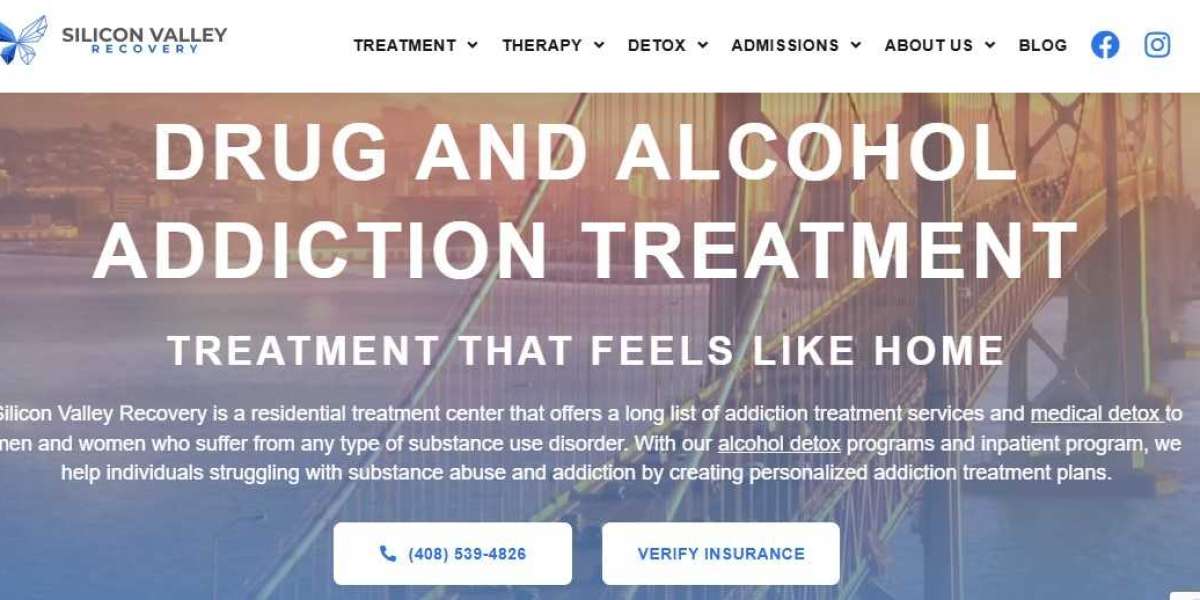Medical detox is a crucial first step in overcoming addiction, but true recovery requires a long-term commitment to sobriety. Many individuals complete medical detox only to struggle with relapse due to the challenges of post-detox life. To maintain sobriety successfully, it is essential to adopt lifestyle changes, seek support, and develop healthy coping strategies. In this guide, we will explore effective ways to maintain sobriety after completing medical detox.
1. Understand That Medical Detox Is Just the Beginning
Medical detox helps clear substances from your system and manage withdrawal symptoms, but it does not address the psychological and behavioral aspects of addiction. Once detox is complete, the real work of recovery begins. A comprehensive treatment plan, including therapy, support groups, and lifestyle adjustments, is necessary to achieve long-term sobriety.
2. Continue with Professional Treatment
Many addiction specialists recommend continuing treatment after medical detox to reduce the risk of relapse. Some effective treatment options include:
Inpatient or Residential Treatment – A structured environment with medical supervision and therapy.
Outpatient Rehabilitation – Allows individuals to continue treatment while living at home.
Counseling and Therapy – Cognitive-behavioral therapy (CBT), dialectical behavior therapy (DBT), and individual or group therapy sessions can help address underlying triggers and emotional challenges.
Medication-Assisted Treatment (MAT) – For certain substance dependencies, medications such as methadone, buprenorphine, or naltrexone may support long-term recovery.
3. Build a Strong Support System
Having a support system is crucial in maintaining sobriety. Surround yourself with people who encourage your recovery journey and avoid those who may trigger relapse. Support systems can include:
Family and Friends – Loved ones who provide emotional and practical support.
Support Groups – Groups like Alcoholics Anonymous (AA) or Narcotics Anonymous (NA) offer peer support and accountability.
Sober Living Homes – Safe environments that help individuals transition back into daily life while maintaining sobriety.
4. Identify and Avoid Triggers
Triggers are people, places, or situations that lead to cravings and potential relapse. After medical detox, it is important to identify your personal triggers and create strategies to avoid or manage them. Common triggers include:
Stress and Anxiety – Develop healthy coping mechanisms like meditation or exercise.
Social Situations – Avoid environments where alcohol or drugs are present.
Emotional Distress – Seek professional help when dealing with grief, trauma, or depression.
5. Develop Healthy Coping Strategies
Replacing old, harmful habits with positive coping strategies can prevent relapse. Consider these healthy alternatives:
Exercise Regularly – Physical activity releases endorphins, improves mental health, and reduces stress.
Practice Mindfulness and Meditation – Helps regulate emotions and improve focus.
Pursue Hobbies and Interests – Engaging in new activities can provide fulfillment and purpose.
Maintain a Healthy Diet – Proper nutrition supports physical and mental well-being.
6. Set Realistic Goals and Stay Accountable
Setting realistic goals gives you something to work towards and keeps you motivated. Whether it’s finding a job, repairing relationships, or completing an education program, having clear objectives can enhance your sense of purpose.
Accountability is also crucial—consider working with a mentor, sponsor, or counselor who can guide you through challenges and celebrate your achievements.
7. Prioritize Mental Health
Mental health plays a significant role in addiction recovery. Many individuals struggle with co-occurring disorders such as anxiety, depression, or PTSD, which can increase the risk of relapse. Addressing mental health through therapy, medication (if prescribed), and self-care routines is essential for long-term sobriety.
8. Develop a Relapse Prevention Plan
Relapse prevention planning is essential to safeguard your sobriety. Work with your counselor or support group to create a structured plan that includes:
Recognizing Warning Signs – Identifying early signs of relapse, such as cravings, isolation, or justifying substance use.
Emergency Contacts – A list of people to call if you feel vulnerable to relapse.
Alternative Coping Mechanisms – Strategies to use instead of turning to drugs or alcohol.
Regular Check-ins – Staying in touch with a therapist or support group for ongoing encouragement.
9. Avoid Overconfidence and Stay Humble in Recovery
Some individuals, after completing medical detox and staying sober for a period, become overconfident and believe they are no longer at risk of relapse. This mindset can be dangerous. Always remain aware of your vulnerability and continue practicing the strategies that have helped you maintain sobriety.
10. Celebrate Your Milestones
Recovery is a journey filled with challenges, but also with victories. Celebrate your achievements, whether it’s one month, one year, or ten years of sobriety. Reward yourself with positive experiences, like a trip, a new hobby, or spending time with loved ones who support your recovery.
Final Thoughts
Maintaining sobriety after medical detox requires dedication, support, and a willingness to make lifelong changes. By continuing treatment, building a strong support system, developing healthy coping strategies, and remaining aware of potential triggers, you can achieve lasting recovery. Remember, sobriety is a daily commitment, but with the right mindset and resources, you can build a fulfilling, addiction-free life.











